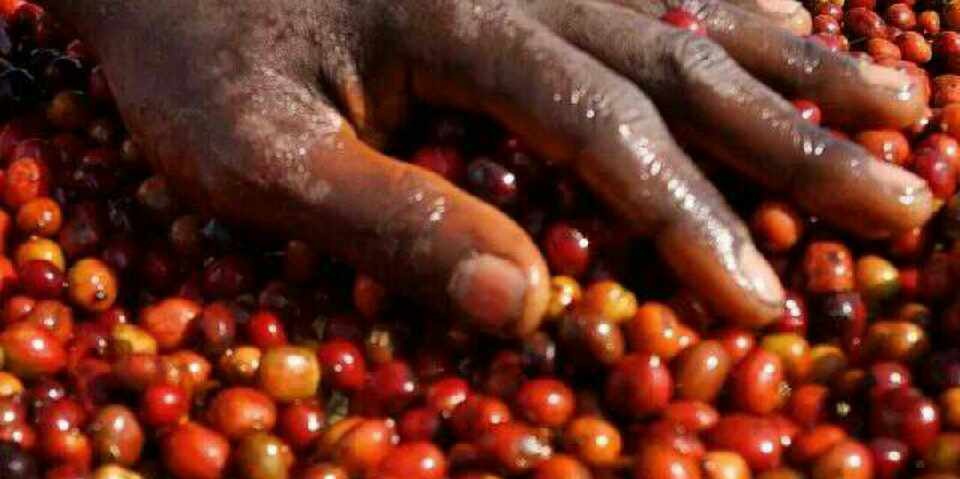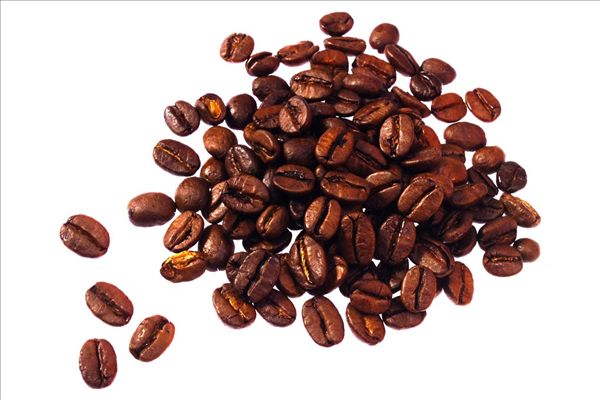Introduction to the flavor and taste characteristics of Salvadoran coffee manor with excellent thickness and greasy feeling
El Salvador's domestic topography is mainly mountainous, plateau, volcanic, known as the "country of volcanoes", the Santa Ana active volcano 2385 meters above sea level, the highest peak in the country; the northern part of the country is the Lompa River Valley, and the southern part is the narrow coastal plain.
Climatic characteristics
El Salvador has a tropical climate with an annual average temperature of 28 ℃; November-April is the dry season, May-October is the rainy season; the coastal and lowland climate is humid and hot, and the mountain climate is cool; the annual precipitation in the mountains is more than 1800 mm, and the coastal zone is about 1000 mm. In 1998, the total population of El Salvador was 6.1 million (estimated), including Indo-Europeans.
El Salvador
El Salvador
It accounts for 89%, 10% for Indians and 1% for whites.
In 2012, El Salvador had a total population of 6.090646 million, of which 90 per cent were of mixed Indo-European race, 9 per cent of whites and 1 per cent of Indians aged 0 to 14, 29.7 per cent aged 15 to 64, 63.7 per cent aged 65 and above.
In 2013, El Salvador had a total population of 6.3 million, with a population density of 347 people per square kilometer. The latest government of El Salvador was formed in June 2014. The main cabinet members are Vice President Oscar Ortiz (Oscar Ortiz), Foreign Minister Hugo Roger Mart í nez Bonillia, Finance Minister Carlos C á ceres, economy Minister Tharsis Salom ó n L ó pez, Defense Minister David Mungui í a Pay é s. Sandra Eddiwell Guevara Perez, Minister of Labour and Social Security (female, Sandra Edibel Guevara P é rez), Minister of Agriculture Orestes Autes (Orestes Ortez), Minister of Public Health Violeta Menshiwar (female, Violeta Menj í var), Minister of Public works, Transport, Housing and Urban Development Gerson Mart í nez, Minister of Environment and Natural Resources Lina Lina Pohl Tourism Minister Jose Napole ó n Duarte
Savanna climate. The plain area belongs to the tropical rain forest climate and the mountain area belongs to the subtropical forest climate. The average annual temperature is 25-28 ℃. The annual precipitation is more than 1800 mm in mountain areas and about 1000 mm in coastal areas. The rainy season is from May to October.
Don't underestimate El Salvador's coffee production. In its heyday, it was once the fourth largest coffee producer in the world, but decades of civil war almost dragged down the coffee industry. fortunately, the war has stopped in recent years, and the coffee industry has come back to life. The only benefit that the civil war brought to the Salvadoran country was that the farmers' fields were barren and failed to catch up with the most popular Katimo exposure train in the past two decades, thus preserving the ancient varieties of bourbon and Tibica, that is to say, El Salvador still uses the most traditional shade planting, which is of positive significance to the aroma of coffee. In 2005, the Salvadoran mixed-race variety Pacamara boasted in coe, which confused many international cup testers and did not know how to grade it. It never expected that this hybrid bean not only broke the mellow boundary of coffee, but also expanded the visibility of Salvadoran coffee from Pacamara to artificially cultivated varieties of Pacas and Maragogipe. It was first cultivated by researchers in El Salvador in 1958. Pacamara is an excellent variety under rare artificial breeding, which is better than blue, and perfectly inherits the advantages of the mother plant. Both the excellent taste of Pacas and the large size of Maragogipe are inherited by raw bean granules. The bean body is at least 70% and 80% of that of elephant beans, with more than 17 orders and more than 100% and more than 18 eyes. Average bean length 1.03 cm (general bean about 0.8-0.85 cm) average bean width 0.71 cm (general bean about 0.6-0.65), thickness 0.37 cm, bean shape plump and round. The biggest feature of this variety is that it is sour, lively and tricky, sometimes biscuit, sometimes fruity, thick and greasy. The quality is the best from El Salvador and Guatemala.

Important Notice :
前街咖啡 FrontStreet Coffee has moved to new addredd:
FrontStreet Coffee Address: 315,Donghua East Road,GuangZhou
Tel:020 38364473
- Prev

Jasmine, special sweetness, citrus chocolate and other flavors of Panamanian coffee flavor, characteristics
The microclimate of the Panamanian highlands is the most important resource that makes Panamanian coffee unique. The most important resource that makes Panamanian coffee unique is its microclimate. The east-west environment of the Republic of Panama allows cold air to flow through the Central Mountains and converge above 6500 feet, creating a variety of microclimates in the Boquete and Volcn Candela regions.
- Next

Indonesian Manning Coffee with mellow odor and moderate acidity
Manning: the palate is rich and solid, with a pleasant sour taste. The smell is mellow, the acidity is moderate, the sweetness is rich and very intriguing, it is suitable for deep baking and exudes a strong aroma. The gentleman in coffee-- Sumatra Mantenin is a first-class coffee bean growing in the plateau and mountain area at an altitude of 750-1500 meters. It is of first-class manning quality produced by Takengon and Sidikalang.
Related
- Detailed explanation of Jadeite planting Land in Panamanian Jadeite Manor introduction to the grading system of Jadeite competitive bidding, Red bid, Green bid and Rose Summer
- Story of Coffee planting in Brenka region of Costa Rica Stonehenge Manor anaerobic heavy honey treatment of flavor mouth
- What's on the barrel of Blue Mountain Coffee beans?
- Can American coffee also pull flowers? How to use hot American style to pull out a good-looking pattern?
- Can you make a cold extract with coffee beans? What is the right proportion for cold-extracted coffee formula?
- Indonesian PWN Gold Mandrine Coffee Origin Features Flavor How to Chong? Mandolin coffee is American.
- A brief introduction to the flavor characteristics of Brazilian yellow bourbon coffee beans
- What is the effect of different water quality on the flavor of cold-extracted coffee? What kind of water is best for brewing coffee?
- Why do you think of Rose Summer whenever you mention Panamanian coffee?
- Introduction to the characteristics of authentic blue mountain coffee bean producing areas? What is the CIB Coffee Authority in Jamaica?

